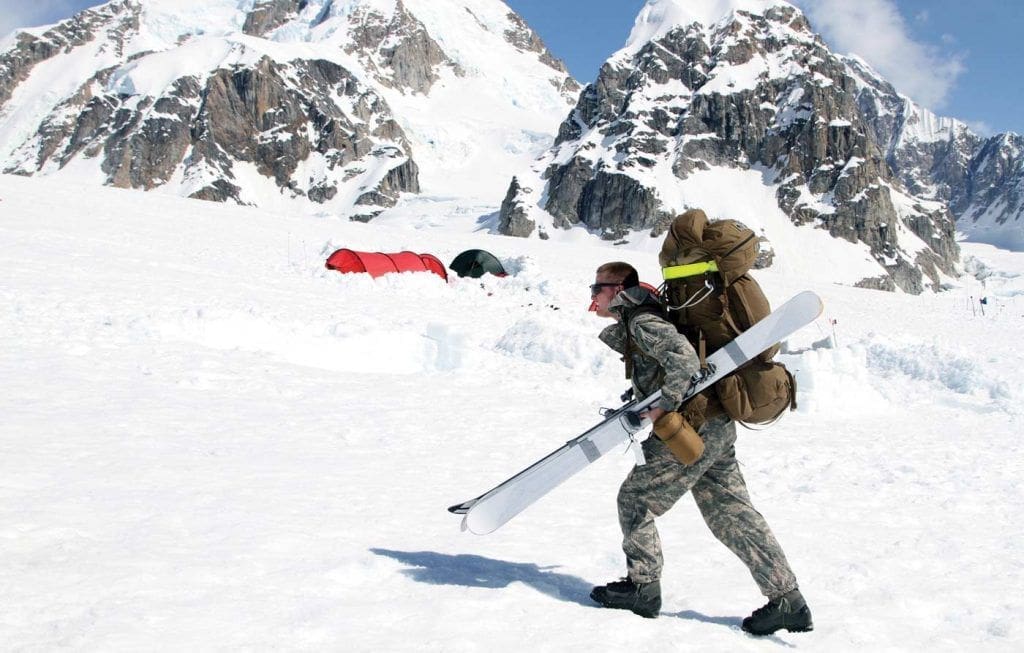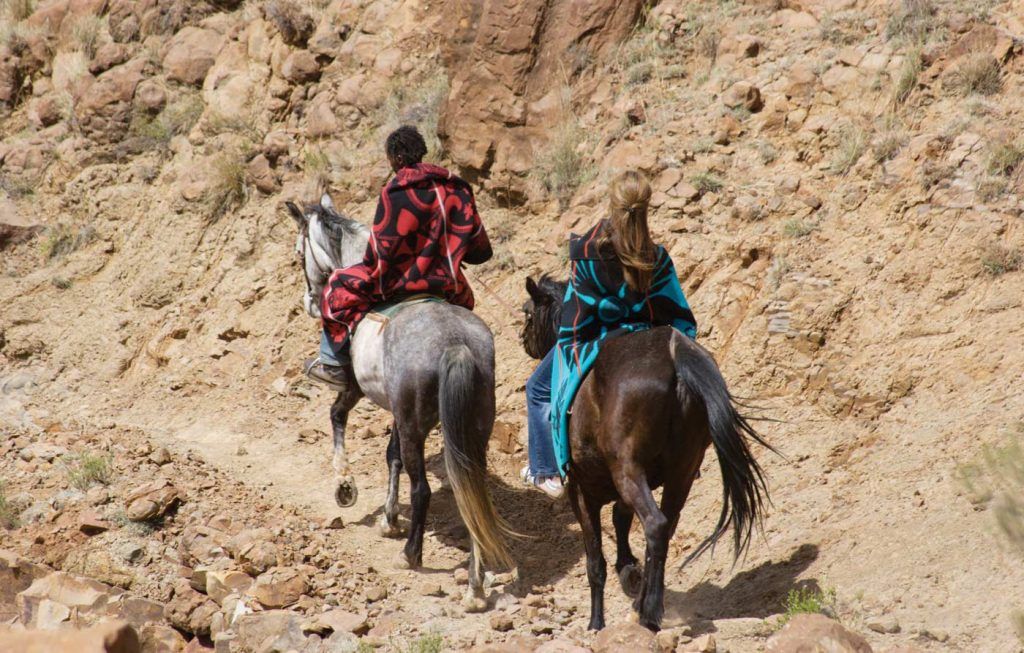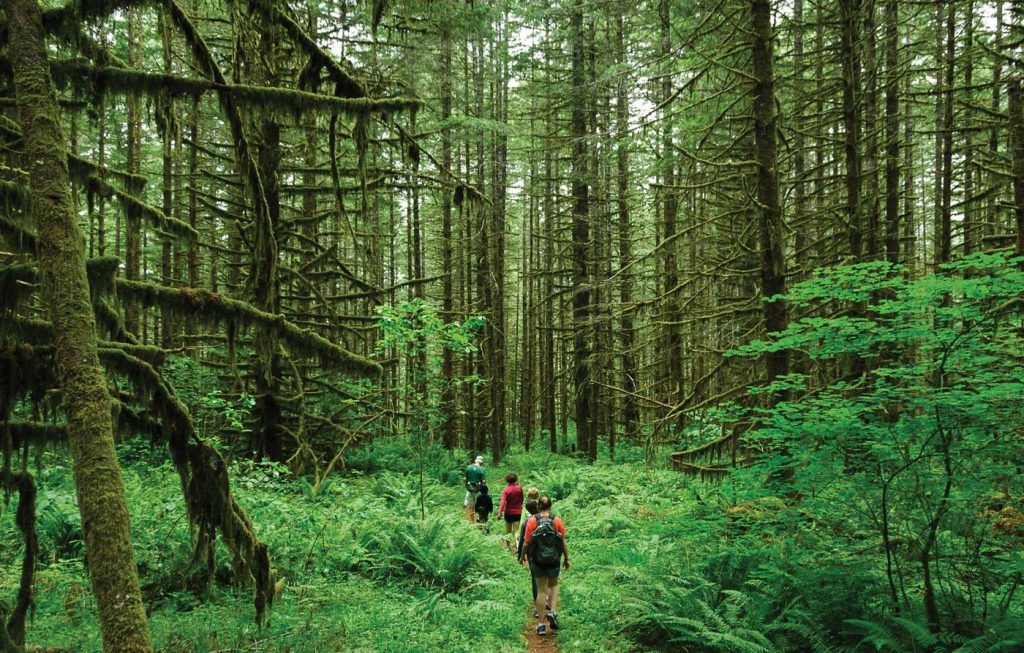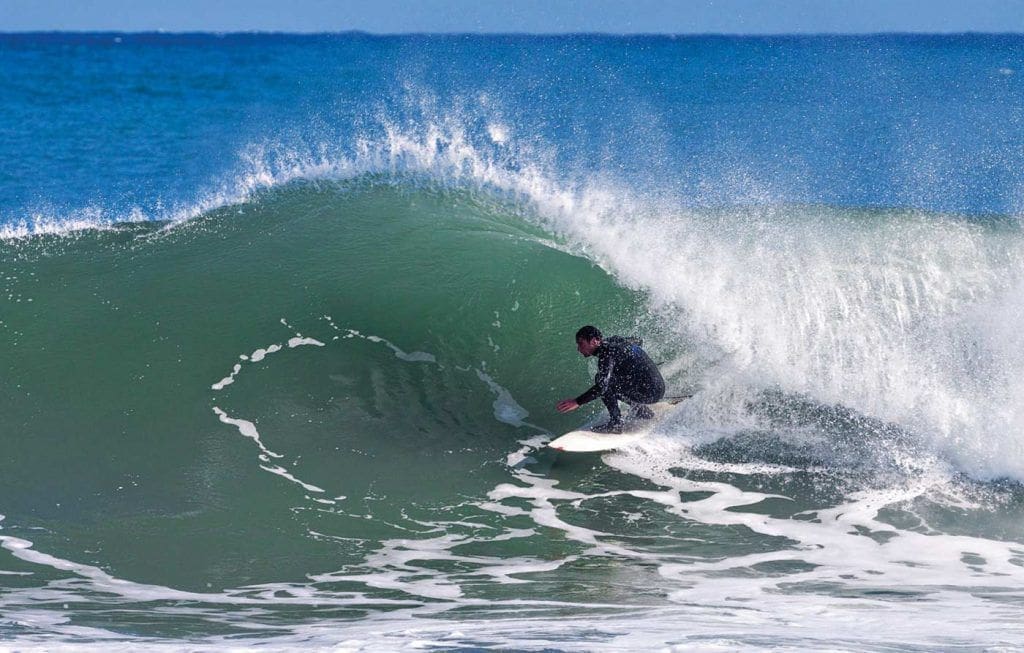New Zealand and Its 5 Healthiest Activities
To the outside world, New Zealand carries a reputation for healthy living owing much to the great outdoors lifestyle and engagement with sports and leisure pastimes, such as rugby, skiing and water activities.
A 2015 study of 20 nations ranked New Zealand second in its life span category; and only last November, NZ topped the Legatum Prosperity Index, a report which calculates national performance in health, in addition to several other powerful social indicators like economic environment and education.
However, there is a dark cloud on the horizon that haunts any premature cause celebration. Obesity is a growing threat to New Zealand and has been steadily increasing in recent years. In a report compiled by the Ministry of Health, 26.5% of adults recorded a BMI of 30 or above in 2006/7. Weight problems can arise from any number of situations although social, psychological and behavioural triggers are mainly at fault.
Taking the stats into strong consideration, now has never been a better time to choose a healthier lifestyle by reap the physical and mental benefits of outdoor leisure activities within New Zealand. Given below are five of the country’s traditional activities that offer an abundance of unpublicised health opportunities:
Surfing
When there’s water, there’s a way to improve your health. From high powered jet river boat rides to gentle kayaking on lakes, each pastime has characteristics that people may benefit from in individual ways. Surfing is one of the key activities that combines both social and healthy living benefits and with over 15,000 kilometres of coastline in New Zealand, there’s no shortage of opportunity to get stuck in.
As a natural high-impact exercise, surfing works the core like few other sports can – no muscle group is spared in the craft on riding the waves against a course current. Men and women who take up surfing can expect a leaner and stronger physique as part of a physical transformation; carrying a board to and from the ocean is a workout in itself! In addition to the physical benefits, surfing is praised for its therapeutic qualities. Many health expects claim that it works well for helping people recover from mental illness manage bouts of depression.
Glacier Skiing

Skiing puts all major muscle groups to the test, chiefly targeting the inner and outer thighs, hamstrings and buttock muscles – this owes much to the crouching position that skiing involves. Exercising in this way allows your muscles to take in more oxygen and blood which produces more capillaries; this in turn makes your muscles to expand, resulting in calorie expenditure.
Experts state that just one hour of skiing can equate to buring around 400 calories. In addition to weight loss and muscle toning, skiing is known for boosting immunity and relieving the symptoms of depression.
Horse Riding

Horse riding is one of New Zealand’s most captivating leisure pastimes, according to the raw stats: 3% of young people, and 5% of adults have participated in equestrian sports at least once in the past 12 months. Most surprisingly, participation is almost equal for men and women.
Let’s start with the obvious health ticks to riding a horse: leg muscles respond particularly well to the workout of saddling up and those who spend time riding regularly can develop a stronger core and posture from the upright position required to balance without falling. The upper body also receives a workout too – strengthening in the arms and hands comes on account of gripping reigns and keeping tight control of any thoroughbred, especially when riding at speed.Horse riding is known to help improve mental concentration and can clear the mind of daily distractions that may otherwise lead to stress or anxiety.
Rugby

Over 150,000 native New Zealanders lace up their boots for the love of rugby each year, making it one of the country’s most favoured pastimes. Although the perception of rugby is closely connected to injury risk and health hazards, there is a brighter side to the modern game that people all of ages can embrace.
No matter how strong your haka war cry is, rugby is unique in that it combines a plethora of physical, social and mental health benefits.
Rugby is key to developing physical health through building strength, improving flexibility and cardio fitness, speed and endurance. Aside from the visible effects of playing the game, the team bonding environment that rugby is synonymous with can boost self confidence and help lower stress levels.
Hiking

Walking on an incline puts greater stress on the body than a walking on a horizontal surface. There is no shortage of opportunities to practise hill walking within New Zealand – look no further than the coastal cliffs, fiords and mountain ranges of considerable size, some of which can scale almost 4,000 meters.
Boffins at the American College of Sports Medicine claim that a mere 30 minutes of cardio vascular exercise five times a week will help to promote health benefits, and 60 to 90 minutes contributes to weight loss. The average person can also expect to burn up to four times the amount of calories when upping the incline on a walk. Hydration is key for any long haul expedition so fill up a water bottle before you leave. Steady walking shoes with a firm grip offer comfort but also protect joints in the ankles from potential injury when tackling crevices and potholes off road.

